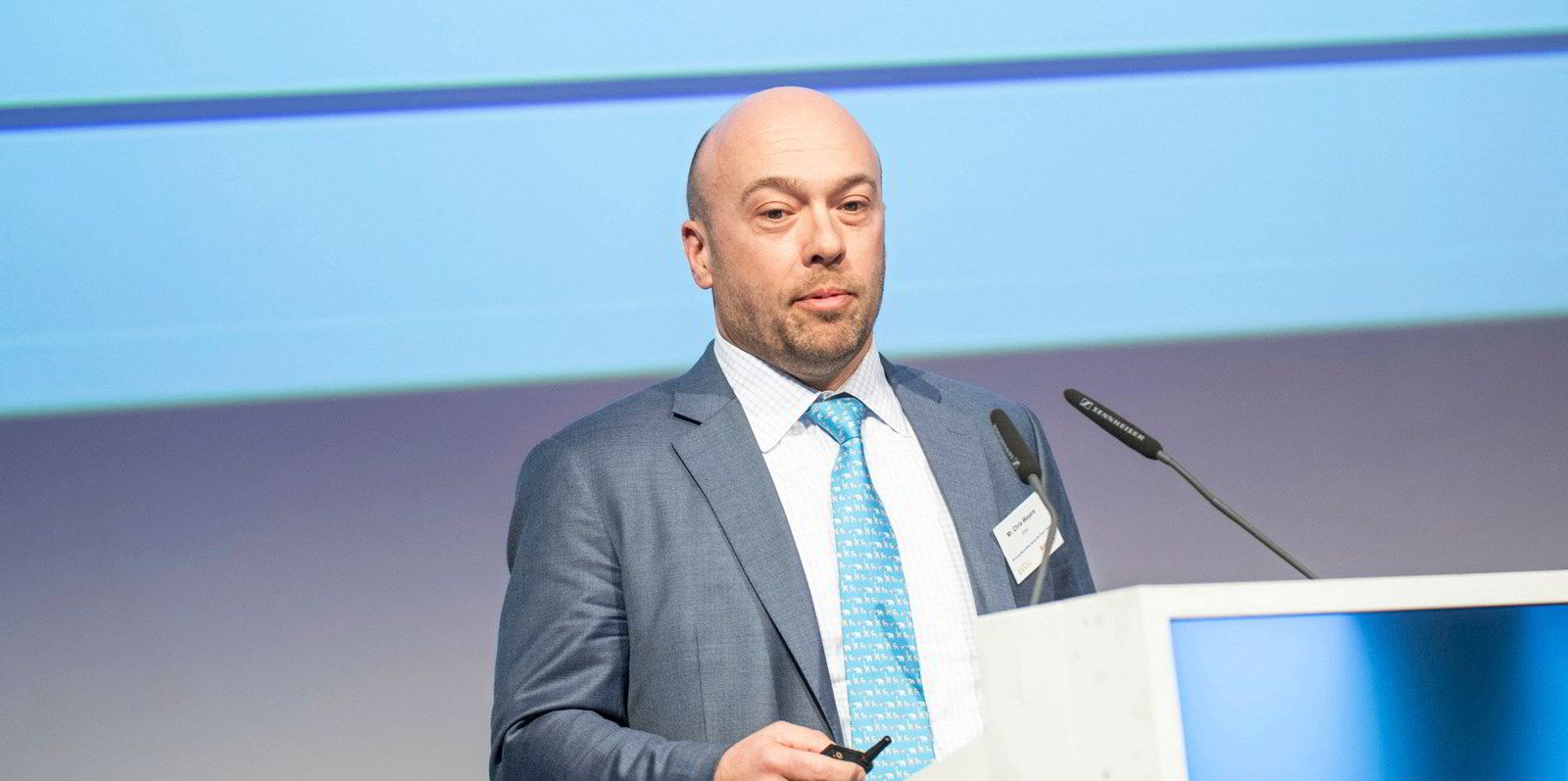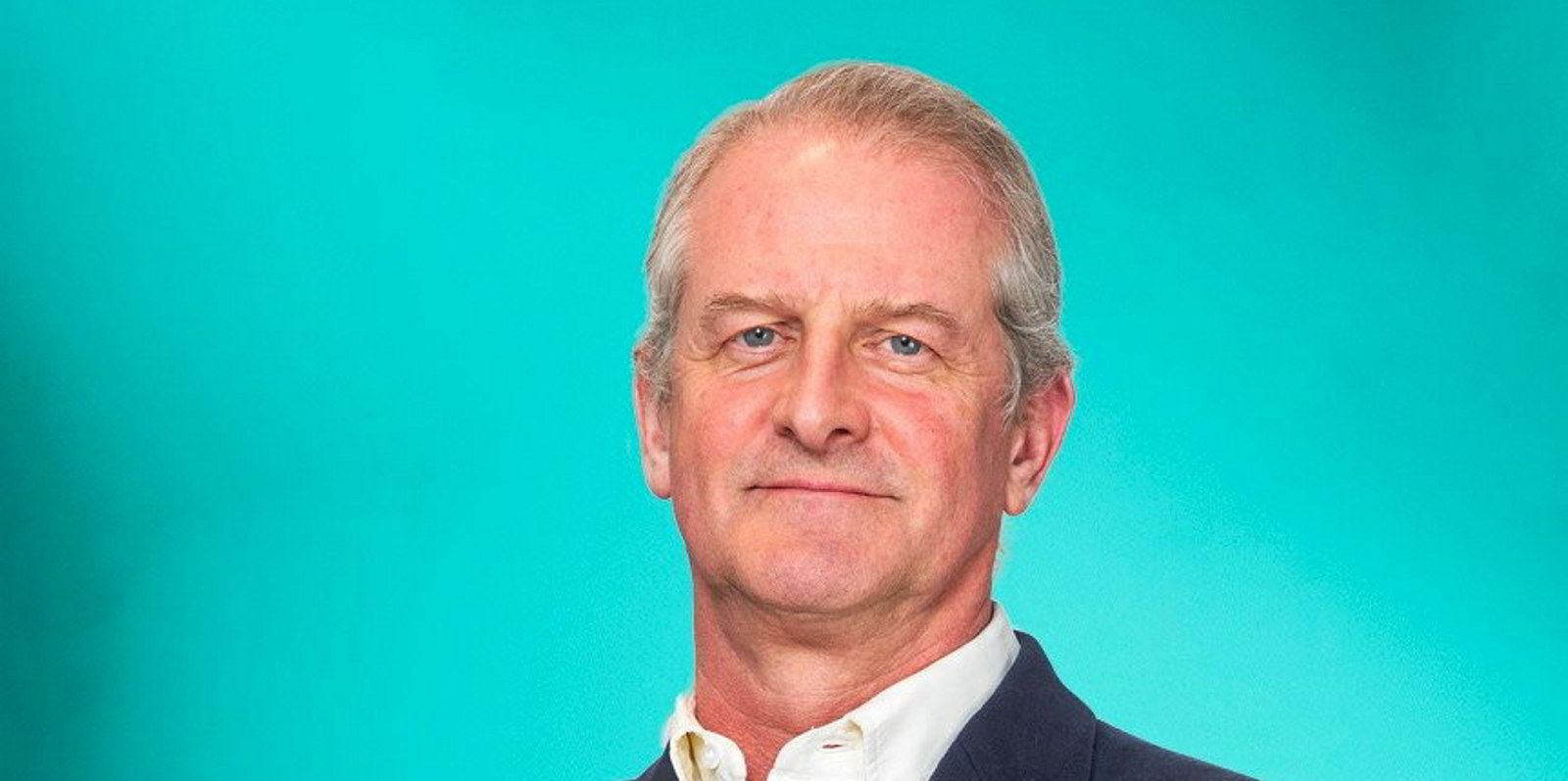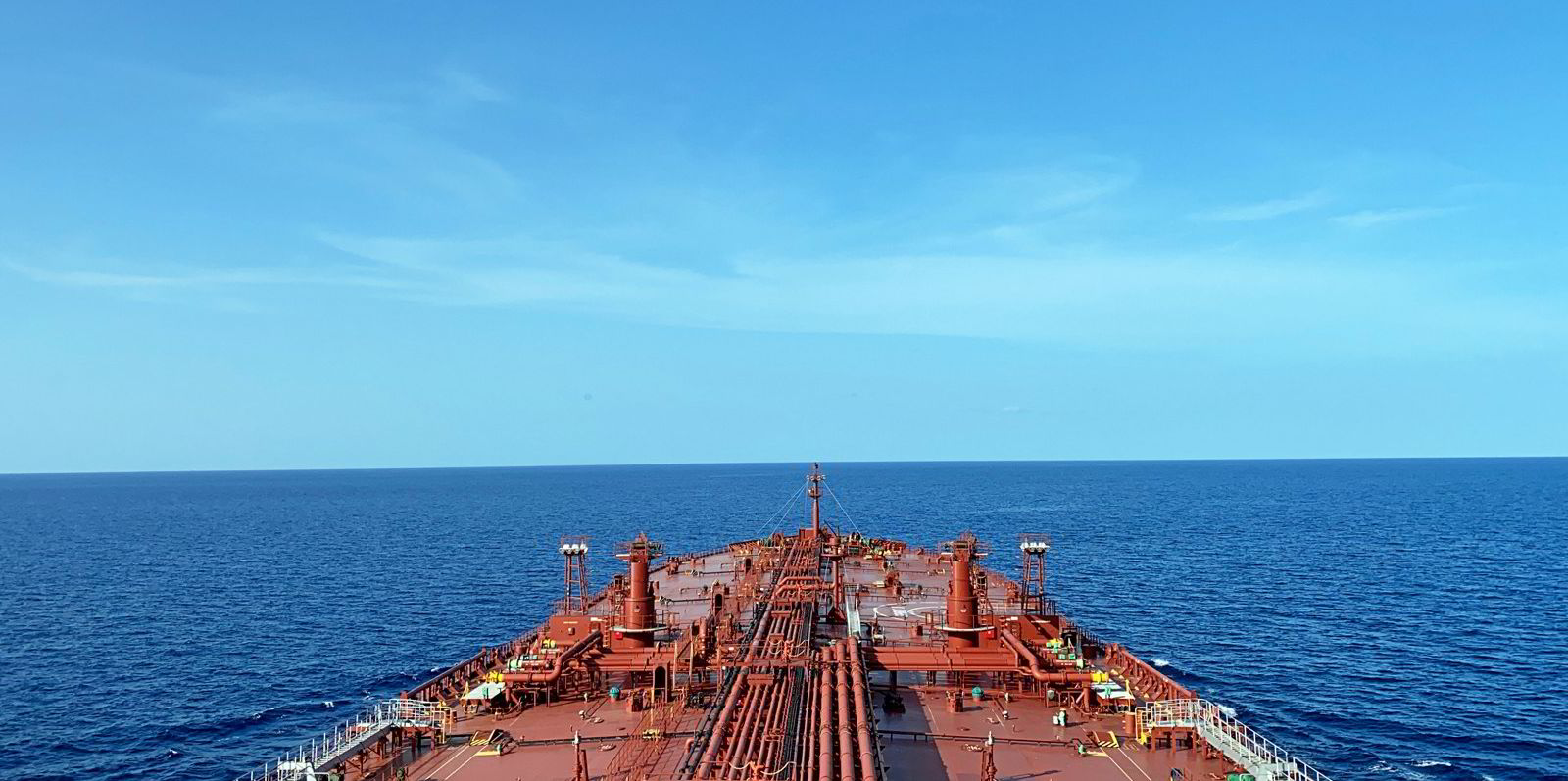Shipping has come further than many think on ESG as the issues become increasingly prominent in securing finance, panellists said during TradeWinds' US shipowners forum on Thursday.
J Goldman & Co partner David Mack said shipping has made strides with it comes to environmental, social and governance (ESG) issues, with even commodities trading houses talking up things like diversity and cutting emissions.
“I think shipping probably isn’t being given enough credit for the changes that have happened in the industry,” Mack said at the TradeWinds Shipowners Forum USA. “I think that will come through over time with higher valuations and better earnings.
“I think the issue that a lot of people probably do struggle with, you’re making more efficient ships, but you're still making the instruments that are polluting much of the world.
“I think the important issue though is investors need to treat it like a transition, rather than a big bang changeover. It’s not like tomorrow we’re going to have ships that are zero emissions.”
He cited conversations he had with an unnamed container line transitioning to dual-fuel ships and their belief they have plenty of time to cut emissions as necessary.
Half of that discussion, Mack said, focused on ESG and he believed the focus on those issues how will put them ahead of the curve versus smaller, lesser-capitalised competitors.
For Chris Weyers, the managing director for maritime services at investment bank Stifel, ESG took centre stage after Joe Biden won the US presidency and Democrats took majorities in congress.
“[Then] there was a big push and a lot of institutional investors came on board with the decarbonisation approach,” he said.
The E, environmental, was the biggest factor in ESG, Weyers said, with big private equity firms and hedge funds cutting out upstream oil and gas investments and turning a sceptical eye toward shipping's space in the energy supply chain.
“Then in the midstream space, which is traditional shipping, there’s still a lot of investors that are interested,” he said. “But they do want to see a carbon reduction angle to any investment they're willing to make.”






